"Spain is no Yugoslavia, Vojvodina is no Catalonia"
Florian Bieber, a Balkan expert at the University of Graz, Austria, has compared the banned referendum on Catalonia's independence to "several Balkan cases."
Wednesday, 04.10.2017.
17:02
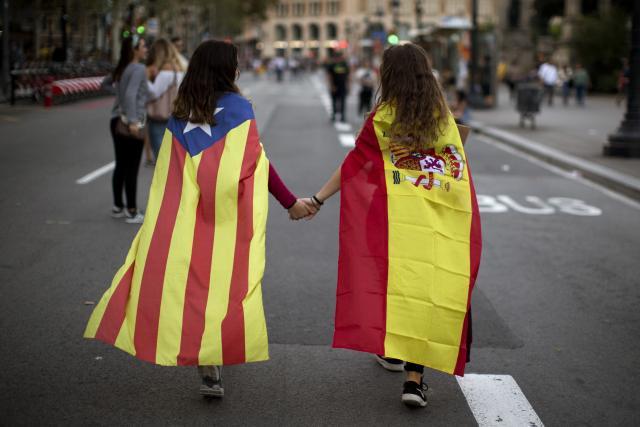
"Spain is no Yugoslavia, Vojvodina is no Catalonia"
In a statement for Radio Free Europe's Bosnia and Herzegovina-Serbia-Montenegro service, Bieber pointed out that the reasons, dynamics and political processes that have led to the creation of independence movements are "specific" - but the successes, he said, are attributed to "independence groups" - and defeats "to states."According to him, "the only key difference between Kosovo and Catalonia is violence."
Despite the fierce police response on Sunday, the Catalan independence movement cannot claim that there has been "a history of repression, as Kosovo has been able to do," Bieber said, according to an article Radio Free Europe published under the headline, "Bieber: Balkcatalonia, similarities and differences."
"Even before the 1998-1999 war, the revoking of its autonomy suggested that Kosovo could not count on an agreement on autonomy with Serbia," Bieber continued, and argued this is not the case with Catalonia - "which enjoys broad self-government and, despite the stubborn and inflexible policy pursued by the (Spanish PM Marian) Rajoy government, it cannot be said that it is in the same position."
Spain, he says, is a democracy, whereas "Yugoslavia and Serbia in the 1990s were not."
"There is a parallel in that the more the center is uncompromising and hard, the more certain it is that people will support independence," he said, adding that "the scenes of violence on Sunday are the best ads for independence movements."
Bieber then said that "several years prior to (independence) referendums in Slovenia and Croatia in 1990, only a minority was in favor of independence (from Yugoslavia)" - but it was "the hard-line policy of then President (of Serbia) Slobodan Milosevic" that "catapulted nationalists to power, and provided support for moving away from Belgrade."
"This, of course, can be repeated, although neither Vojvodina nor Istria are the likely candidates for it," said Bieber - adding that it was "most likely" for the Serb Republic to seeking independence next.
"(RS President Milorad) Dodik is using the referendum to point out to the alleged hypocrisy of the West, but his argument does not stand: the RS, like Catalonia, is not facing repression," Bieber believes.
Therefore, he added, the key issue for Bosnia-Herzegovina, as well as for Spain, is "how to respond to independence movements."
"The British or the Canadian way of allowing the voting is one path, but this is only possible if there is a stable democratic process that ensures that the voting can take place freely. Without a doubt, this is the case in Spain," Bieber said, and added:
"In Republika Srpska (Serb Republic, RS) a referendum would be associated with much higher risks, and would focus on whether the region, which a mere 25 years ago emerged from mass ethnic cleansing, can lay its claim on the legitimacy of historic regions, such as Catalonia or Scotland."










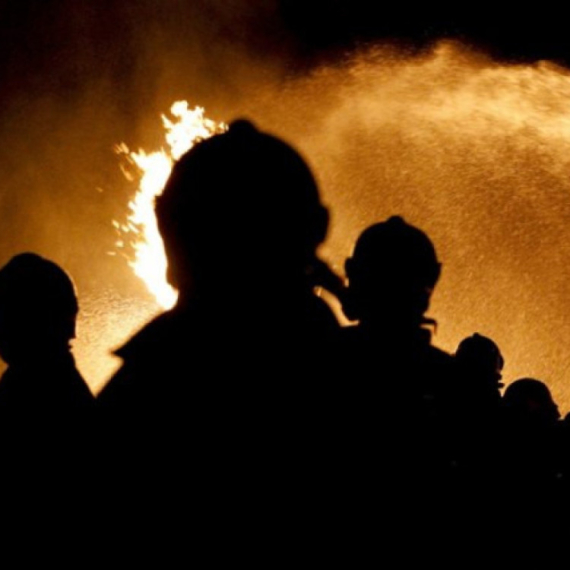
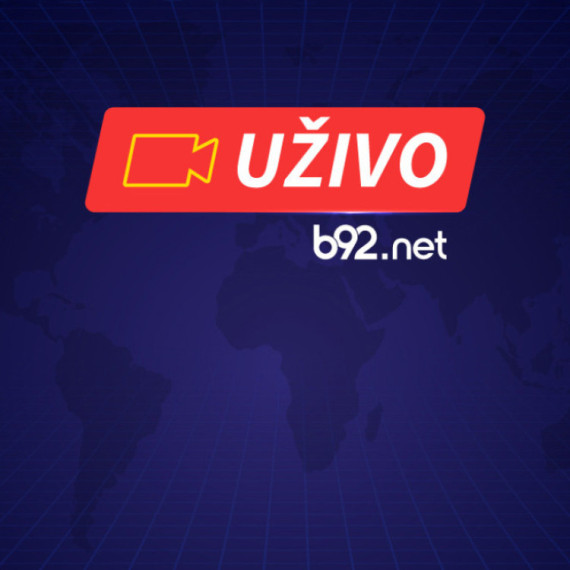

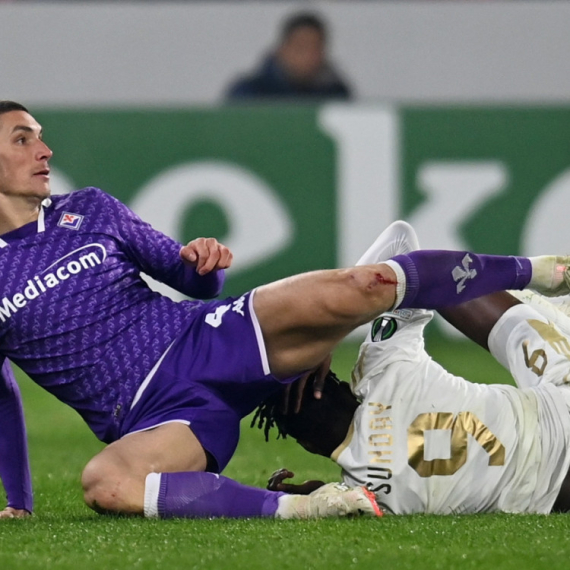
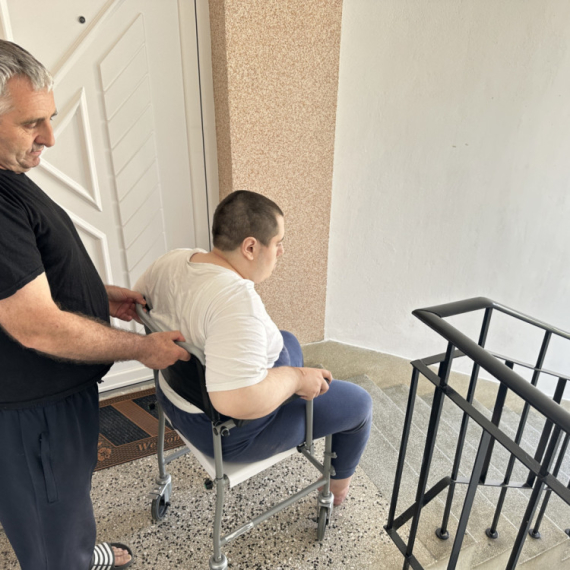




















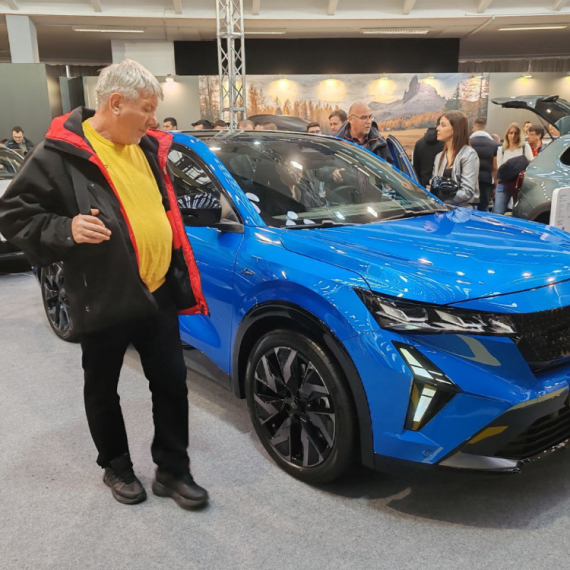





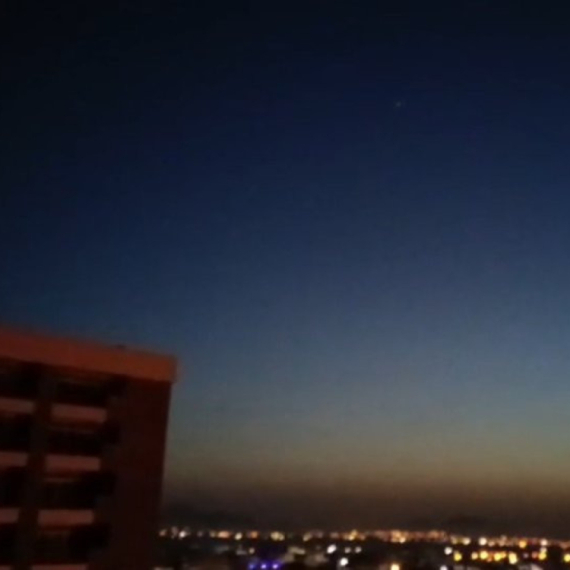




Komentari 17
Pogledaj komentare